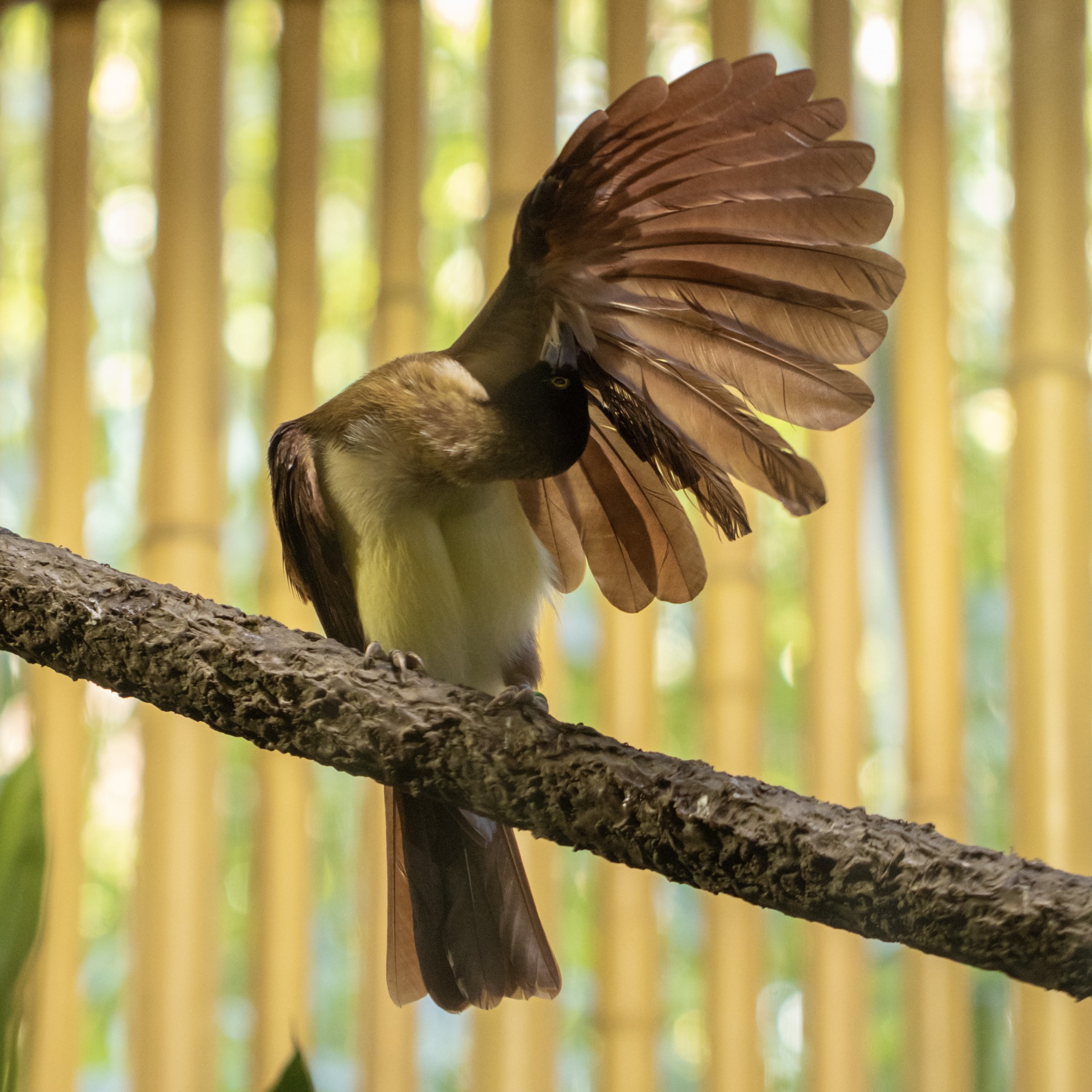- Understanding the Dynamics of Zoo Management in 2025
- Advancements in Wildlife Conservation and Preservation
- Enhancing Biodiversity through Zoological Practices
- The Role of Technology in Modern Zoology
- Preparing for the Upcoming Challenges in Zoo Management
In anticipation of spreading our wings in 2025, we delve into the intricate facets of modern zoology, zoo management, and wildlife conservation. As these fields continue to transform, they compel us to rethink how we engage with and nurture the living organisms that form our planet’s diverse biological fabric. The coming year promises new opportunities and challenges, which demand innovative strategies and a profound commitment to preserving wildlife.
Understanding the Dynamics of Zoo Management in 2025
Zoo management is increasingly complex, involving the coordination of diverse disciplines such as veterinary science, ecology, animal behavior, and even genetics. The primary role of a zoo extends beyond merely exhibiting animals. It encompasses conservation, education, research, and recreation. Zoos today must prioritize ethical care and provide environments that mimic the natural habitats of their inhabitants as closely as possible.
The push for genuine animal welfare in zoo environments has resulted in significant shifts in enclosure design, animal diet, and enrichment activities. Enhancing the psychological and physical well-being of animals is at the forefront of modern practice. Zookeepers work closely with zoologists and wildlife experts to provide species-specific care that enhances health and vitality. This period of transformation is crucial as we aim to better equip zoos for the demands of 2025 and beyond.
Advancements in Wildlife Conservation and Preservation
Wildlife conservation has become a global imperative. With habitat destruction and climate change posing severe threats to biodiversity, zoos serve as arks for species that might otherwise face extinction in the wild. Zoos participate in captive breeding programs, genetic studies, and reintroduction initiatives, all designed to bolster populations of at-risk species.
Efforts in conservation are no longer isolated to a single geographical location. They are collaborative, involving partners worldwide. Zoos have become key players in the international networks that oversee conservation action plans. They engage in rigorous scientific research to learn more about reproductive techniques, disease management, and habitat restoration. These global partnerships help ensure that conservation strategies are as effective and widespread as possible.
Enhancing Biodiversity through Zoological Practices
Biodiversity is vital for ecosystem stability and resilience. Zoos play a pivotal role in enhancing biodiversity by maintaining genetically diverse populations of rare and endangered species. This year, facilities are set to expand their breeding programs, focusing on not only rare species but also on enhancing genetic diversity within their populations. Such actions are essential in bolstering resilience against disease and environmental changes.
Zoological gardens also function as educational platforms, enhancing public understanding of biodiversity’s value. They create interactive programs that foster a connection between visitors and the natural world. Through these initiatives, zoos aim to inspire a new generation of environmental stewards who appreciate the complexity and beauty of living ecosystems. By heightening awareness, zoos hope to garner more support for biodiversity conservation efforts.
The Role of Technology in Modern Zoology
In 2025, technology will be integral to zoo management and wildlife conservation. Innovations such as AI and machine learning are enabling more effective monitoring of animal health and behavior. These tools allow zookeepers to predict needs and intervene proactively, thus minimizing health risks.
Technology is also revolutionizing genetic research and animal tracking, enabling scientists to gather data that informs conservation strategies. Mobile apps and augmented reality experiences are being developed to enhance visitor engagement and education, making zoo visits more interactive and informative. Virtual reality tours provide access to unique environments, offering insights into global conservation efforts and encouraging broader public participation in protecting biodiversity.
Preparing for the Upcoming Challenges in Zoo Management
As we advance toward 2025, zoo managers must proactively address emerging challenges. Climate change poses a significant threat, necessitating adaptive strategies that ensure facilities remain suitable for all species. Alterations in temperature and weather patterns require flexibility in managing living conditions for animals.
Funding is another critical concern. With limited resources, it is essential to communicate the importance of zoos in conservation to the broader community, including policymakers and potential donors. Expanding public understanding of zoos’ multifaceted roles can lead to increased support and better financial sustainability.
Finally, educating and training the next generation of zoo professionals is imperative. Equipping them with knowledge in zoology, conservation, and technology will ensure they are prepared for future responsibilities. As these new professionals take the helm, their innovative approaches and fresh perspectives will push the boundaries of what is possible in zoo management.
As we prepare for 2025, the opportunity to spread our wings lies in our ability to ensure that zoos, wildlife conservation, and biodiversity thrive together. By embracing changes in zoo management, advancing conservation efforts, integrating technology, and overcoming potential hurdles, we can move toward a future where humans and wildlife coexist in harmony, benefiting from the rich tapestry of life on Earth. This journey invites us to reaffirm our dedication to safeguarding that natural wonder for generations to come.
*****
Source Description
Getting read to spread our wings in 2025🪽🎇


